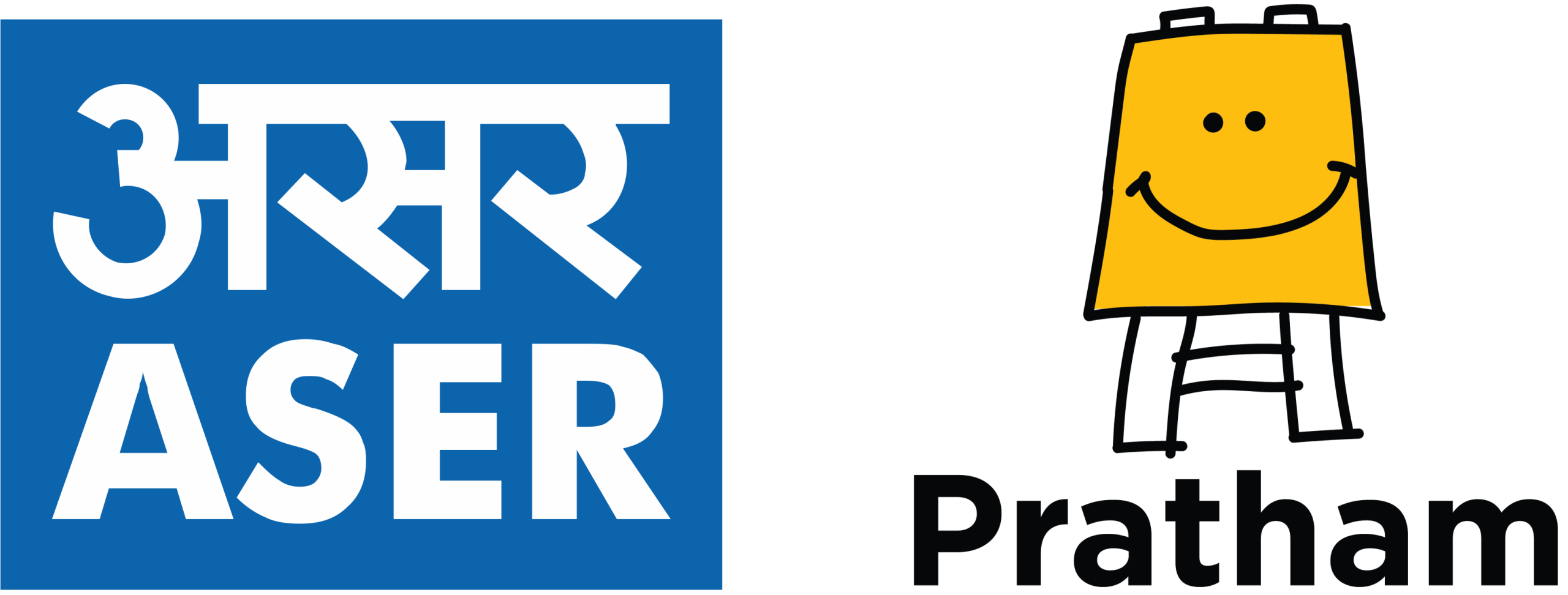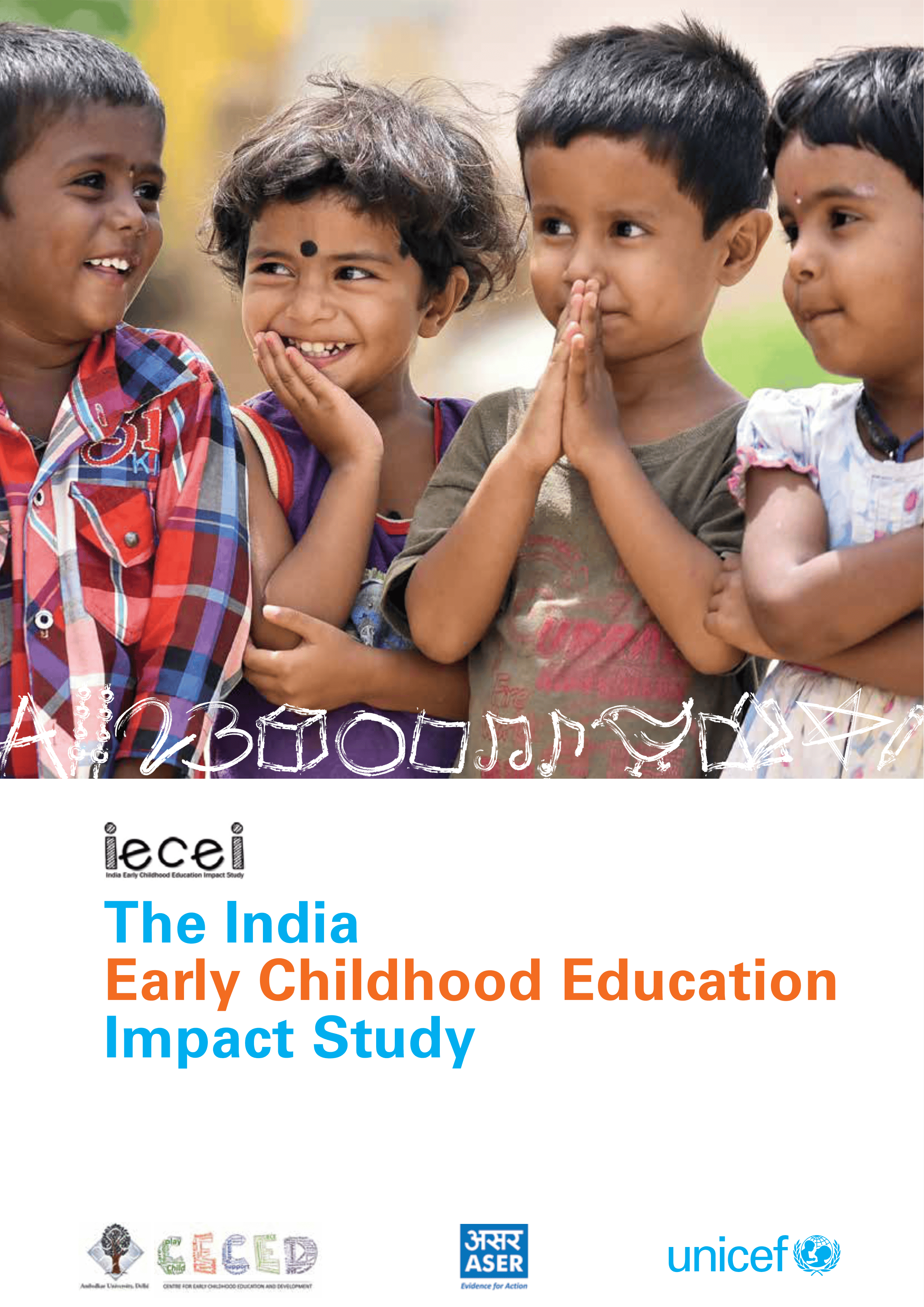Conducted jointly with the Centre for Early Childhood Education and Development (CECED) at Ambedkar University Delhi, the longitudinal IECEI study followed a cohort of 14,000 four year old’s from age 4 to age 8. These children live in rural areas of three very different states of the country: Assam, Rajasthan and Telangana. IECEI is unique in India because of its scale, its longitudinal design and the fact that it is a mixed-methods study, intended to provide depth as well as scale. Children were tracked over a period of four years to document their institutional participation; their school readiness levels and subsequent early grade learning outcomes were assessed; their classrooms were observed; and information was collected from their homes and preschools/schools. While the largest fraction of data collection used survey methodology to generate representative estimates of key indicators, a significant proportion employed comprehensive observation protocols, interviews and case studies to throw light on the underlying context and processes.


